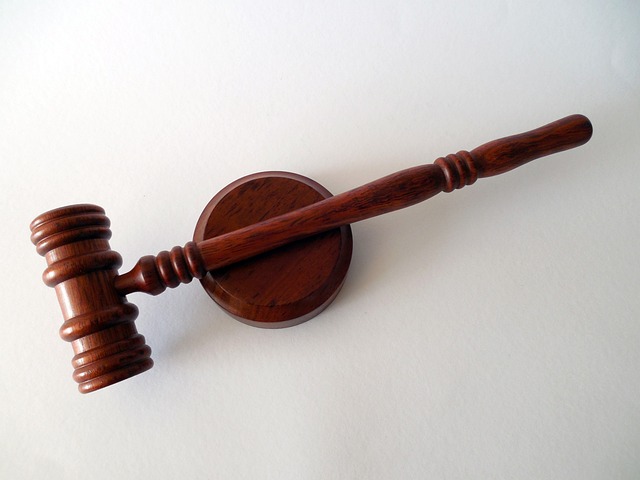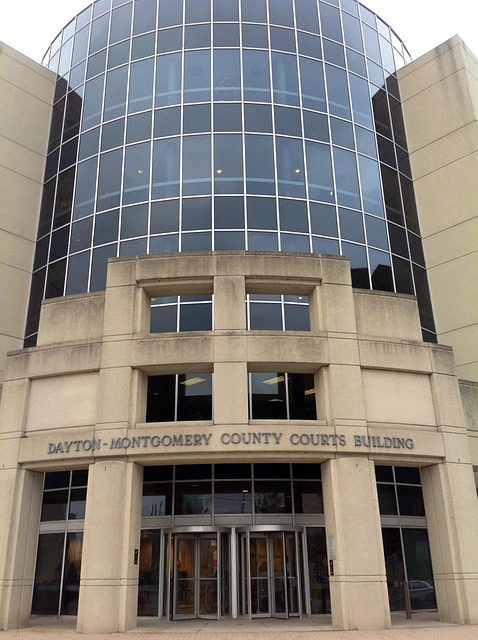Whistleblower Protection Lawsuits empower individuals to expose organizational misconduct by utilizing a key legal process called the Timeline for Post-Conviction Relief. This timeline, with its several stages including internal reporting, evidence gathering, and strategic planning, enables whistleblowers to challenge convictions or clear their names if facing retaliation. With a proven track record of winning defense verdicts, these lawsuits protect whistleblowers and promote ethical business practices across industries by navigating complex legal procedures and post-conviction relief options.
Whistleblower protection lawsuits are crucial mechanisms enabling individuals to expose unethical practices within organizations while safeguarding their rights. This article delves into the intricacies of such legal battles, focusing on understanding the rights and resources available to whistleblowers. We explore the detailed timeline for filing post-conviction relief, navigating legal procedures, and examining successful cases that highlight the impact and lessons learned throughout the process, especially in terms of the timeline for post-conviction relief.
- Understanding Whistleblower Protection Lawsuits: Rights and Resources
- Timeline for Filing Post-Conviction Relief: Key Stages and Deadlines
- Navigating Legal Procedures: Evidence, Appeals, and Remedy Options
- Success Stories and Case Studies: Impact and Lessons Learned
Understanding Whistleblower Protection Lawsuits: Rights and Resources

Whistleblower Protection Lawsuits empower individuals who expose illegal or unethical activities within their organizations to seek justice and redress. Understanding the rights and resources available is crucial for those considering taking legal action. In many jurisdictions, a timeline for post-conviction relief plays a significant role in such cases. This process allows individuals to challenge their convictions or clear their names if they believe they were targeted for speaking up.
An unprecedented track record of winning challenging defense verdicts highlights the effectiveness of these lawsuits. By leveraging legal strategies and resources, whistleblowers can protect themselves from retaliation and ensure that their respective businesses operate within ethical boundaries. This not only safeguards individuals but also fosters a culture of integrity and accountability across industries.
Timeline for Filing Post-Conviction Relief: Key Stages and Deadlines

The timeline for filing post-conviction relief is a critical aspect of whistleblower protection lawsuits, with key stages and deadlines that must be met to ensure legal recourse. Typically, the process begins with the initial revelation of illegal activities within an organization, followed by internal reporting or external disclosure, leading up to the formal filing of a lawsuit.
Within a specified period after the discovery of wrongdoing, whistleblowers or plaintiffs must gather evidence, consult legal experts, and make strategic decisions regarding venue and jurisdiction. This preparation phase is crucial for building a robust case. Once ready, they file their claims in the appropriate court, triggering a series of procedural steps, including pre-trial hearings, motion practice, and, ultimately, trial or settlement negotiations. The entire process demands meticulous planning and adherence to legal timelines, especially considering the potential impact on both corporate and individual clients’ respective businesses.
Navigating Legal Procedures: Evidence, Appeals, and Remedy Options

Navigating Legal Procedures involves a complex series of steps, including gathering and presenting evidence, which is crucial for winning challenging defense verdicts. The initial stages focus on thorough investigations, encompassing all aspects of the case, from white collar and economic crimes to more intricate civil matters. This process is vital as it sets the foundation for subsequent legal maneuvers.
Once a judgment is made, individuals have options for post-conviction relief within a defined timeline for post-conviction relief processes. Appeals are a common step in this process, allowing cases to be reviewed by higher courts if there are perceived errors or injustices. Remedy options may include voiding convictions, granting retrials, or offering reduced sentences, depending on the nature of the case and applicable laws.
Success Stories and Case Studies: Impact and Lessons Learned

Whistleblower protection lawsuits have seen numerous success stories that highlight the profound impact of these legal actions. Case studies from around the globe illustrate how individuals who expose corporate or government misconduct have not only secured justice but also brought about significant changes in policy and practice. For instance, a former employee at a prominent financial institution successfully sued under whistleblower protection laws after reporting fraudulent activities that led to a multi-billion-dollar settlement and regulatory reforms. This case study demonstrates the power of legal recourse in holding powerful entities accountable while protecting those who come forward with crucial information.
The timeline for post-conviction relief processes plays a pivotal role in these success stories. Many whistleblowers face initial challenges, including fear of retaliation and the potential for indictment. However, through strategic legal navigation, they can seek relief from convictions or restrictions imposed due to their disclosures. Case studies often reveal that proactive legal intervention, combined with a thorough understanding of white-collar and economic crimes regulations, can lead to favorable outcomes. This includes avoiding indictment, securing reduced sentences, and gaining access to support programs designed to aid former whistleblowers in their reintegration into society while fostering a culture of ethical business practices within the white collar defense community.
Whistleblower protection lawsuits play a vital role in upholding justice and ensuring accountability. By understanding your rights, navigating legal procedures effectively, and being aware of successful case studies, you can make informed decisions during the post-conviction relief process. Remember, timely action is crucial; adhering to the timeline for filing, as outlined in this article, will significantly impact the outcome of your whistleblower protection lawsuit.






